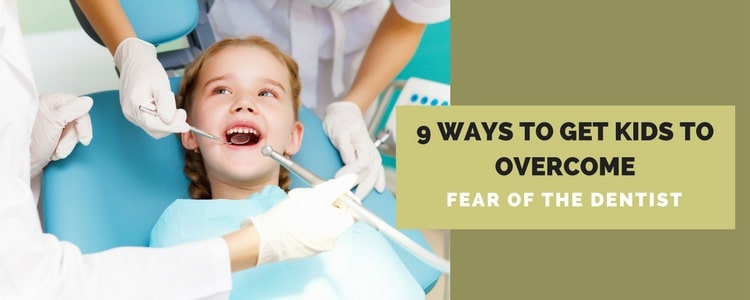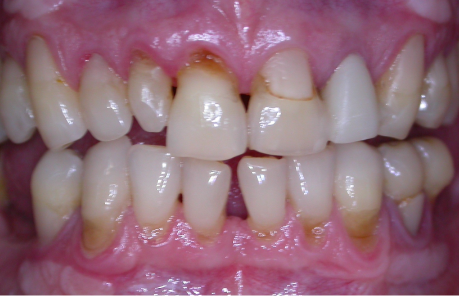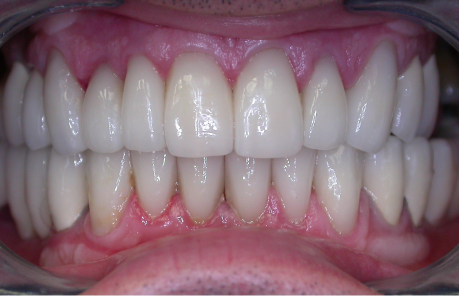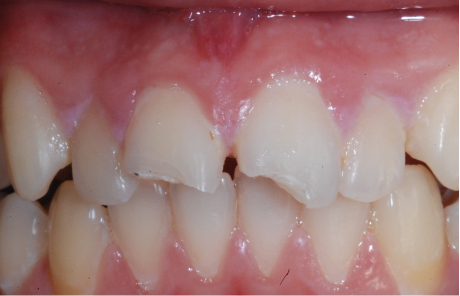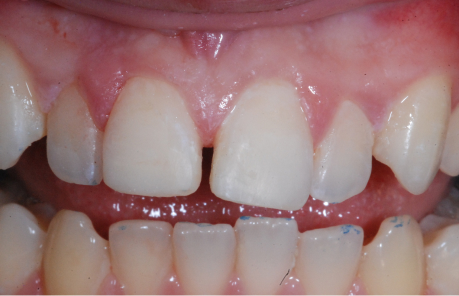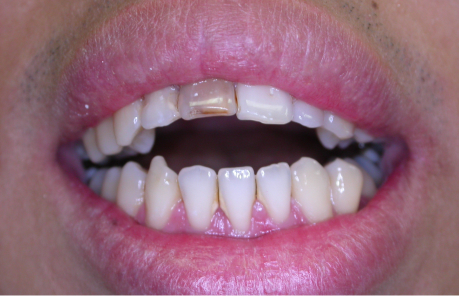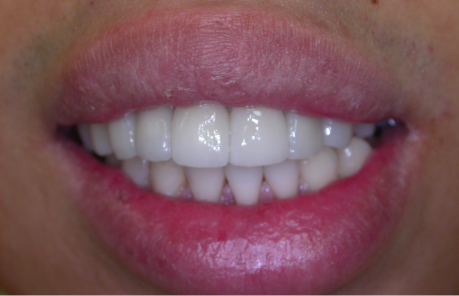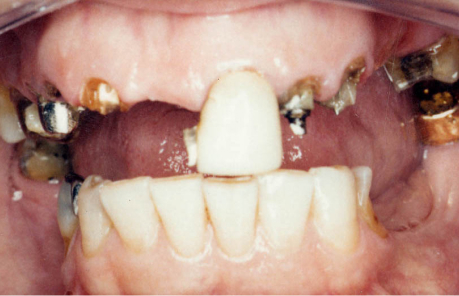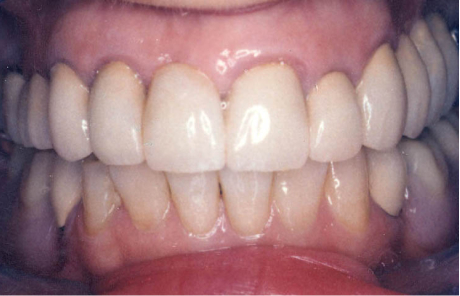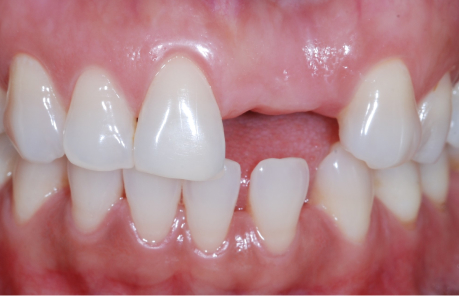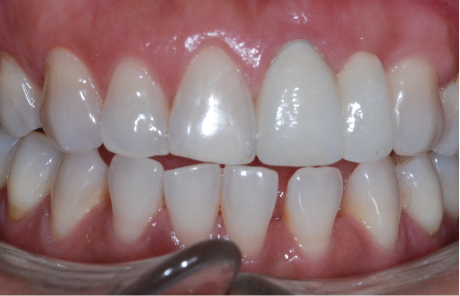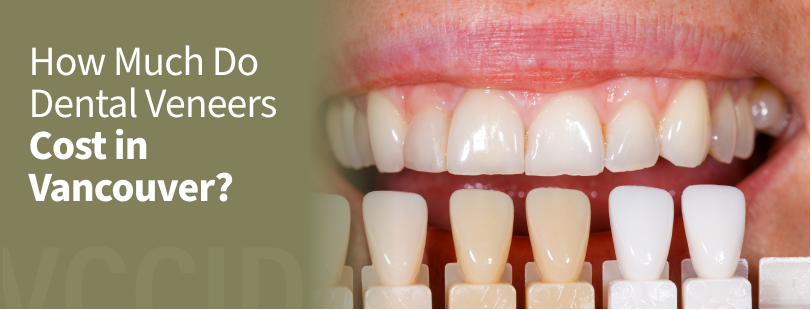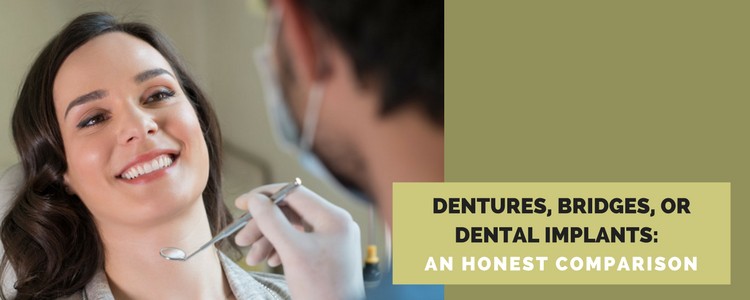How many of you “out there” have fear, anxiety or some nervousness about going to the dentist? Based on what I see in my practice, I’m guessing there are many who fall into that category. Usually these fears stem from one or several “bad” experiences, and those “bad” experiences are not always associated with a past dental visit.
An “interesting” observation is when young children or kids come to the dentist, even if it is their first visit, they often have a pre-existing fear and/or anxiety. A trip to the dentist is top of the list of known childhood fears….going to the dentist in some cases is associated with screams and tears from children. So where did that come from because we are not born with dental phobias? Somehow they have been acquired.
Dental Fears and Phobias In Children
Dental fear is common and in some cases rampant among children worldwide. The fear of dentists is the main reason for avoidance and negligence of regular dental care. Neglecting a child’s dental health is a public health concern and can have more serious and expensive consequences as they grow up. Regular dental care can identify and stop problems while they are simple and easy to treat.
In some cases, a child may develop dental fear if they have had a bad experience. Ensuring that the first visit is fun and comfortable is critical to develop trust and a relaxed patient. Even having a bad visit at the doctors office (ie getting “shots”) can have a negative impact if the child thinks the dentist is going to do something like what the doctor did. But bad experiences still doesn’t explain where the anxiety comes from with kids who have never walked into a dental office.
The Role Of The Parent
In my experience, kids fear of dentists most often is attributable to the parents first and foremost. That is not to say that siblings, peers and movies don’t also play a role, but as parents we sometimes unknowingly give clues and signals to kids about our own fears and anxieties. We say things like “don’t worry it won’t hurt, it won’t taste bad, or it will only hurt for a second.”
Kids are smart. Even if they are not consciously aware of it, subconsciously they may wonder…if it doesn’t hurt, then why did they even have to say that?? Consider this. If I give my child and ice cream cone, and they have never tasted ice cream before, I would not say, “don’t worry, it won’t taste bad.” No, I would say in a very excited and high pitched voice, “you have to taste this, it is sooooo wonderfully delicious….” or something along that line.
If our words don’t give us away, sometimes our body language does. I am all for having a parent sit with a child while we are doing dentistry, but if they are saying things inappropriately or the parent has fear in their eyes, the child would be much better off if the parent was not in the room. Sometimes I will ask a parent to watch from a distance just outside the room so the child does not pick up on the parents anxieties.
If we can get past these “preconceived” anxieties, then it becomes our job as dentists to do everything possible to put the child at ease. I have developed a method based on my experience as a child, my experiences raising my own children and of course good results with other kids in the practice. I have in turn shared this with the other dentists in the office and they have been equally successful.
Getting Your Children To Overcome Fears Of The Dentist
So what is it that we do? I can sum it up into 9 things:
- Start early. Seeing kids when they are young (2-3 years of age or earlier) allows for your dentist to catch any potential dental problems early. Today most kids that age do not have cavities, but there are still some children who have cavities at age 2 and a lot of that has to do with their diet and parental brushing techniques. Seeing them when they are younger gives your dentist a chance to develop some trust before they become tainted by other negative perceptions of the “dentist”.
- Kids are smart, they are aware, listen and understand more than we give them credit. Therefore, when we are speaking in front of kids but not necessarily speaking to them, (i.e. talking about a bad dental experience or anything negative to our spouse)….kids are listening and retaining that information. And if you try to hide the truth, kids can often see right through you.
- We explain everything to the child…what we are doing, why and what they will experience. We may use simpler words but I will speak to them simply and truthfully. Developing a trust with the child is critical and we cannot do that if we try to force or deceive them with anything.
- Kids naturally have a shorter attention span and can’t sit for long periods of time. Any appointment should be less than 40 minutes because kids get antsy and restless.
- I let the child know and understand that he/she has control. I tell the child that I will use an electric toothbrush to gently brush away the “sugar bugs” (cavity) and while I am doing so, I will count out loud from one to five. When I get to five I will stop and ask the child how they are doing. If for some reason they need me to stop (to pick up water, have a rest, if the tooth starts to feel something) then I will stop immediately. Some kids will test me out a few times just to see if I am really telling the truth!
- Needles, injections and the feeling of being numb is very scary to a child….often times more scary than the work that has to be done. Therefore if we can fix a tooth or cavity without having to do an injection or numb the tooth, we have removed one of the most traumatic parts of the dental visit. I find that with baby teeth, as long as the cavity is small to medium, I can very gently clean out the decay and fill the tooth without the child feeling any discomfort. If I am wrong…we stop…and the child knows that he has control and that I will indeed stop.
- If the child is too scared and not ready to sit in the dental chair I may suggest watching his mom or dad (assuming the parent doesn’t break out in a cold sweat!!). I will thank them for coming in to see us and ask them if next time they might let me count their teeth. Sometimes at the first visit the best we can do is take a look. That’’s ok because the next time they will be less anxious and let us do a little more. The next time we may polish a few front teeth. If we can get to that stage then we have done well because then if we have to fix a cavity we can talk about fixing the cavity is the same as polishing the front teeth….especially if we can do it without the need for local anaesthetic.
- I mentioned the words that we use sometimes scares kids before they even come to the dentist. I have a short list of words not to use: Needle, shot, pain, hurt, drill, pin prick, blood or bleeding. If we have to use a drill, I call it an electric toothbrush which a lot of kids are familiar with. I ask them if the tooth bothers them or if they start to feel something to let me know. I never say if the tooth hurts or becomes painful to let me know. If we do have to do an injection, we put topical anaesthetic first and that will lessen the “mosquito bite or pinch”. And then I also count out loud backwards (ie. 5, 4,3,2,1)…so they know when I will be done. I then will explain what the numb feeling is…the tooth has gone to sleep and will wake up in an hour or two.
- As a last resort if a child is either extremely terrified or needs a lot of extensive work we may have to use a sedative or general anaesthetic. I prefer to use these methods as a last resort, but it is much better to do this and have a good experience than create a bunch of negative experiences and memories that will haunt a person for their lifetime.
Lastly…
There are numerous methods to get your child to the dentist. Being aware of what they are hearing, listening to and watching (often times on TV) can help to lessen any unnecessary fears. In between dental checkups, you will want to emphasize the importance of day to day cleaning and flossing. Purchasing kid-friendly flavoured toothpaste will help. Making a game of brushing your kids’ teeth is a must for forming proper habits later in life. Engaging your kids in an interactive approach teaches them life long lessons.
